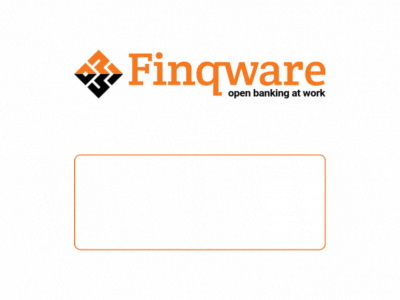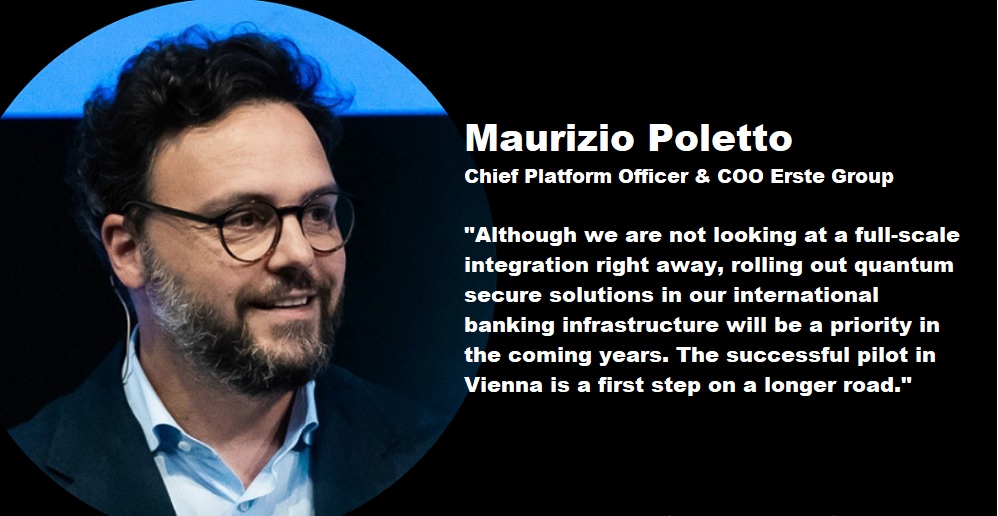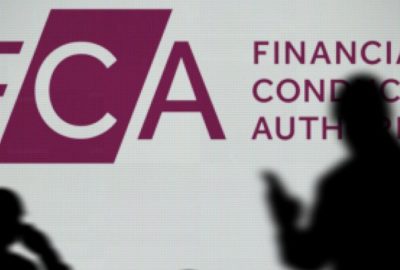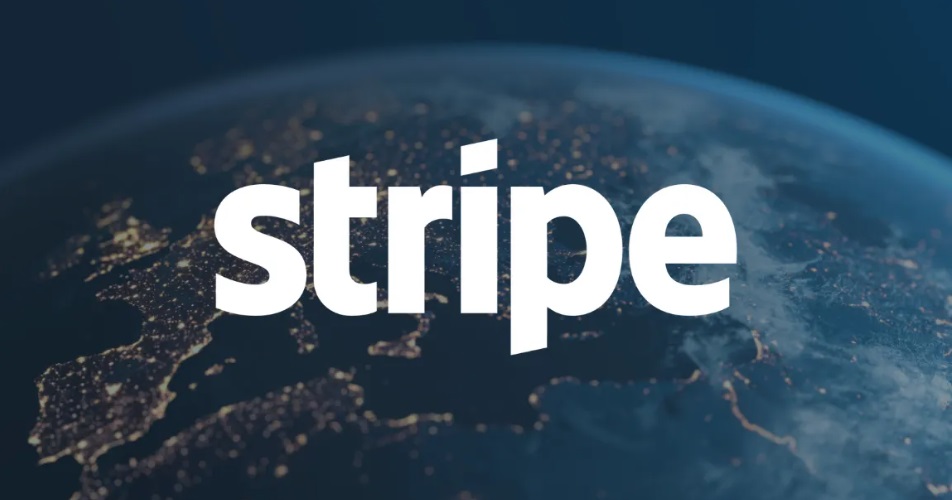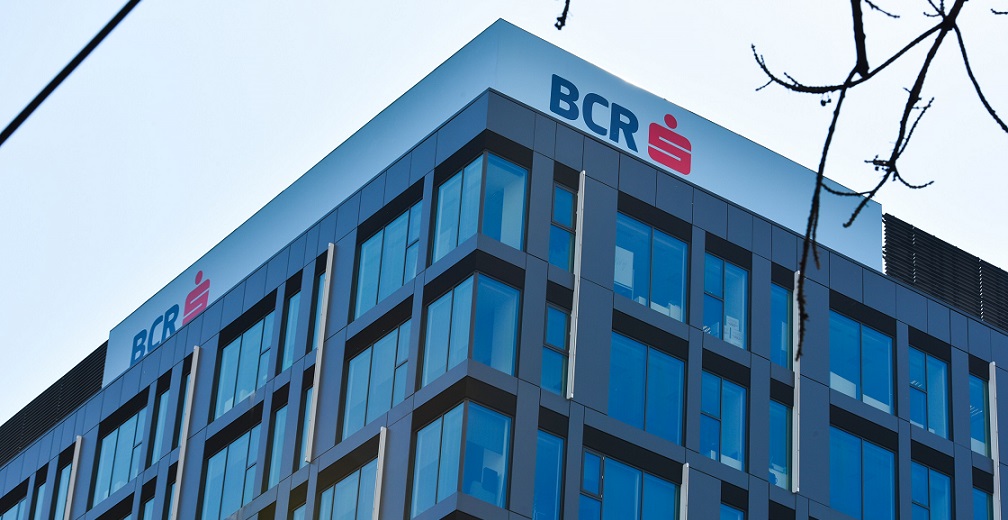EBA calls for PSD2 and E-Money Directive to be merged
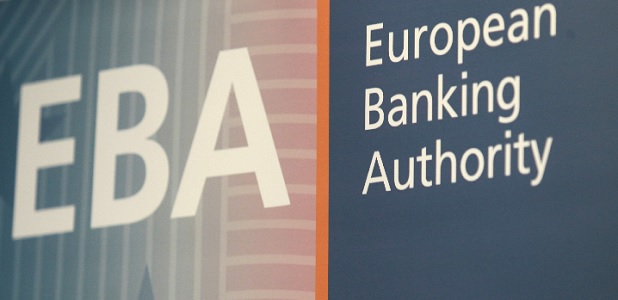
PSD2 should be merged with the Electronic Money Directive, says the European Banking Authority (EBA) in response to the EC’s call for feedback on the directive.
The European Banking Authority (EBA) published today an Opinion and Report in response to the European Commission’s Call for Advice (CfA) on the review of the Payment Services Directive (PSD2).
In its response, the EBA puts forward more than 200 proposals that would contribute to the development of the single EU retail payments market and ensure a harmonised and consistent application of the legal requirements across the EU. In particular, the EBA’s proposals aim at enhancing competition, facilitating innovation, protecting consumers’ funds and data, fostering the development of user-friendly services, and preventing exclusion from access to payment services, as well as ensuring a harmonised and consistent application of the legal requirements across the EU.
The EBA has observed that, while some objectives of the PSD2 have started to materialise, there are still many issues and challenges that need to be addressed. The proposed amendments include:
. merging the PSD2 and the Electronic Money Directive;
. clarifying the application of strong customer authentication (SCA) and the transactions in scope;
. addressing new security risks for customers such as social engineering fraud where customers are tricked into initiating a payment transaction;
. addressing concerns about authentication approaches (e.g. based on smartphones) that have led to exclusion of certain groups of society from using payment services online;
. addressing underlying issues and obstacles to the provision of payment initiation services (PIS) and account information services (AIS), including the proposals for (i) AIS providers to apply their own SCA with their customers instead of relying on the authentication procedures by banks, (ii) empower customers to remain in control of their data; and (iii) support the development of high-quality interfaces across the EU;
. moving from ‘Open banking’ to ‘Open finance’ (or otherwise the expansion from access to payment accounts data towards access to other types of financial data) and the opportunities and potential challenges associated with it, based on the PSD2 experience;
. addressing the enforcement shortcomings in relation to the implementation and application of SCA for e-commerce card-based transactions and the removal of obstacles to the provision of AIS and PIS;
. addressing unwarranted de-risking practices by banks affecting payment and e-money institutions; and
. adjusting the prudential requirements, in particular in relation to initial capital, own funds, the use of professional indemnity insurance, the proposal for recovery and wind-down for significant payment institutions and possible consolidation group supervision.
__________
Legal basis and background
The PSD2 regulates the provision of payment services across the EU and applies since 13 January 2018. As part of the review of the PSD2, on 20 October 2021, the EU Commission sent a Call for Advice to the EBA with the objective to gather evidence on the application and impact of the PSD2, including any benefits and challenges that may have arisen. The Call for Advice also seeks to identify areas where amendments to the PSD2 might be appropriate.
In accordance with Article 16a(4) of the EBA Founding Regulation, the EBA may, upon request from, inter alia, the EU Commission provide technical advice in the areas set out in the legislative acts referred to in Article 1(2) of the EBA Founding Regulation, including the PSD2.
DOCUMENTS
LINKS
Dariusz Mazurkiewicz – CEO at BLIK Polish Payment Standard
Banking 4.0 – „how was the experience for you”
„To be honest I think that Sinaia, your conference, is much better then Davos.”
Many more interesting quotes in the video below:
